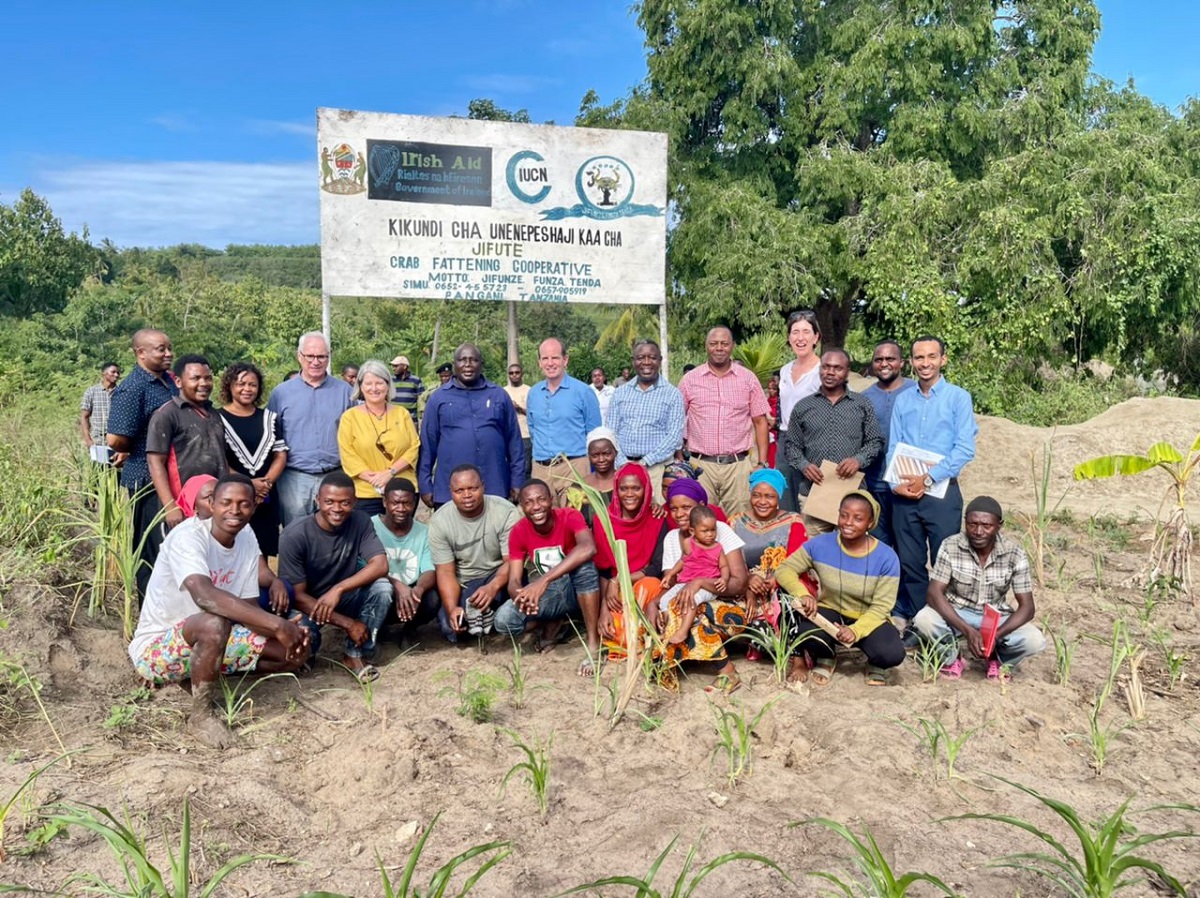Sustain by Design – an experiment to communicate the Sustainable Development Goals
Graduate students at the Srishti Institute of Art, Design and Technology tackle the SDGs through creative and critical practices, and asked provocative questions of relevance and over-simplification of the SDGs in the Indian context. The studio culminated in a student conference where they showcased creative communication of the SDGs by engaging in a particular context or issue.

Photo: Deepta Satish
The 2015 UN Habitat III Conference in Quito culminated in a global ratification of a list of 17 interlinked Sustainable Development Goals as a continuation of the global sustainability agenda previously enshrined in the Millennium Development Goals. Spanning the next 15 years, up to 2030, these goals aim to guide growing global urbanization while respecting human and environmental factors like social justice, economic equity etc., which would provide a holistic approach for a sustainable future.
Though the SDGs have been framed after a long process of participation by various national governments, the goals are top-down and instructional and the onus is on the individual countries to strategize its implementation. For India, it is imperative to contextualize the SDGs and build a dialogue with national/regional/local goals, aspirations and strategies in order to effectively achieve the set targets.
Towards this contextualizing, we created an open studio called “Sustain by Design” as part of the Srishti Postgraduate Interlude 2017. The studio focused on the role of art and design to critically evaluate the SDGs, innovate with implementation strategies and potentially reimagine them for the Indian context.
Students were given provocative propositions to work in multidisciplinary teams including:
- SDGs are Business as Usual
- SDGs are irrelevant for India
- The role of artists and designers is just limited to adding aesthetic value to SDGs.
The student teams collaborated and debated the ideas embedded in these provocations, culminating in the design of diverse media to communicate the issues at hand. They engaged in particular issues and places they found when exploring the City of Bangalore, India. Through this exploration the student teams followed a design process to communicate the link between the contexts and SDGs. The diverse responses covered the following SDGs but were not limited to them – SDG 11 on Sustainable Cities and Communities, SDG 12 on Responsible Consumption and Production, SDG 6 on Clean Water and Sanitation, SDG 7 on Affordable and Clean Energy and SDG 3 on Good Health and Wellbeing.
“Sustain by Design” was one of the open studios run during the Interlude semester (of 4 weeks) at the Srishti Institute of Art, Design and Technology. The Srishti Postgraduate Interlude or the in-between is an experimental space at Srishti Institute of Art, Design and Technology, for pause, or self-reflection. It is a platform for critiquing and busting memes of today or of the times to come. The vision is to activate a space that lies at the intersection of academic learning and a ‘design-free’ zone, where postgraduate students from Srishti and other institutions come together and critically engage in the act of ‘meme-busting’.
The posters created by students are downloadable:
- Animal waste
- Health and Hygiene 1
- Health and Hygiene 2
- Plastic pollution 1
- Plastic pollution 2
- Sustainability and Cities 1
- Sustainability and Cities 2
The final conference and exhibition were held at the Centre for Ecological Sciences at the Indian Institute of Science, Bangalore from 14th-16th December 2017.
The “Sustain by Design” studio at Srishti was in collaboration with the Forum for Law, Environment, Development and Governance (FLEDGE) and the Learning Network on Sustainability (LeNS).
About the Author
Deepta is Director of the Design+Environment+Law Laboratory, housed at Srishti. She is an ecological design leader concerned with the environment and communities, working on complex design projects to catalyze socio-ecological change in contentious landscapes towards climate resilience.Through design practices, transdisciplinary research and creative action, she leads projects that require exploring places, investigating issues and creating sensitive interventions that are more inclusive of environment, sustainable development and enable adaptation to climate change.
Currently, she is working on a collaborative project with FLEDGE on recording data of climate resilient practices in the transforming landscapes of the South Western Ghats to: demonstrate SDG-readiness, create strategies for sensitive planning for a resilient future, and inform local and regional policy-making.
Deepta is an Urban Planner & Strategist, experienced in institutional planning, urban design, sustainable development projects. Worked as an environmental leader, planner and designer on projects in China, Korea, Vietnam & USA, for public and private partners.



